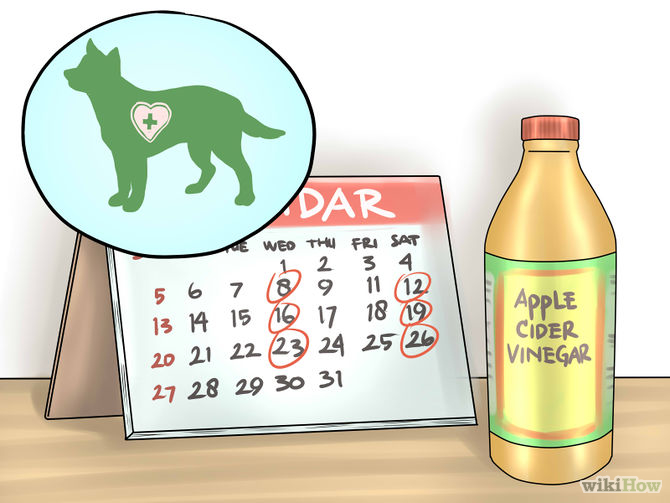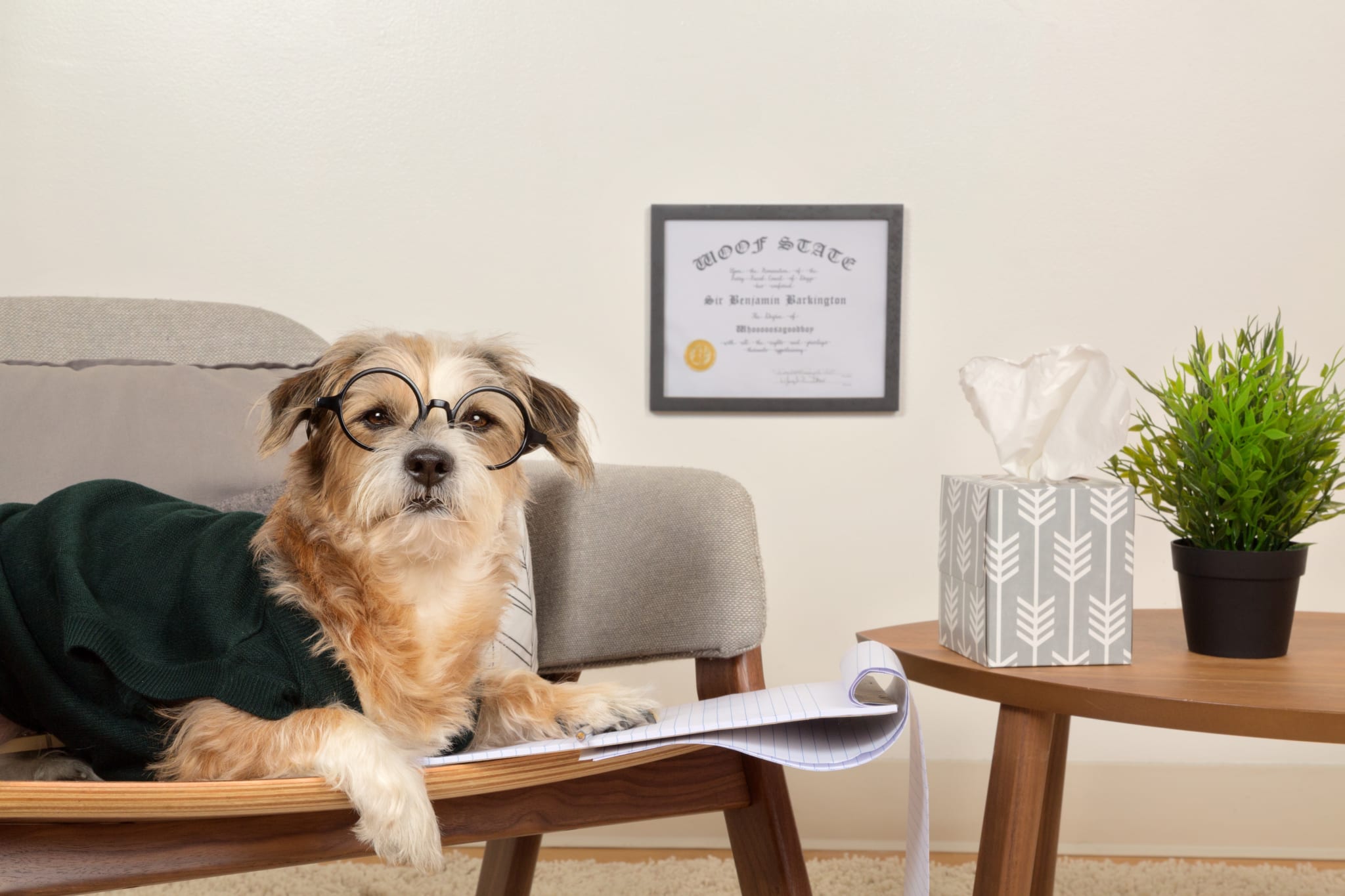Your dog may not always sit you down and tell you about the irregularities of their bowel movements. But for the times you notice something is askew in the pattern of your pooch’s poopies, there are a few options that can help you both, including a few home remedies. 🙂


1. Identify the red flags before assuming your pup is really having poop problems.
Some signs to look out for include dry, hard stools and straining to defecate. According to Dr. Karen Becker from Healthy Pets, if your dog spends several minutes hunched over only to produce nothing, or a small something, it’s safe to say he/she is constipated, especially if this continues for over a day.
2. Consult your vet to determine the true cause of constipation.
There are a number of reasons why your pup might be struggling, but for those of us who didn’t study veterinary medicine, it could be tough to tell. Experts can narrow it down to one or a few of these reasons: dehydration, lack of exercise, lack of fiber in the diet, intestinal obstructions, stress, or other inconveniences.
Your vet may prescribe a laxative agent, medication to help with large intestine contractile strength, a prescribed high-fiber diet, an enema, or simply more exercise.
[bp_related_article]
3. Consider these simple home remedies that could help ease your buddy’s tummy.
A. Canned Pumpkin – The pureed pumpkin in cans is safe for pups and helpful for adding a little extra fiber in their diet. Dr. Tony Buffington, DVM, says that vets often recommend canned pumpkin because of how soluble of a fiber content it has, since it’s 90% water. Recommended dosage: 1 teaspoon per 10 pounds of body weight, 1-2 times daily in food.
B. Bran – Including bran in your dog’s diet is another great way of adding extra fiber. Doctors Foster and Smith mention that fiber is present in almost every commercial dog food, but adding a little more could help with your dog’s overall colon health. Bran is the outer shell of the grain, and includes rice bran, oat bran, and wheat bran. The Dogington Post suggests soaking the bran in water so it’s easier for your pup to digest. Recommended dosage: Sprinkle some bran over the top of your dog’s food.
C. Organic Apple Cider Vinegar – A little bit of ACV goes a long way. Not only does it help with digestive health, ACV is known to help with the pH balance in your dog’s body, promoting a healthy coat, and preventing fleas. Since ACV balances the digestive enzymes in the intestines, both in humans and animals, it’s a great remedy for upset stomachs and constipation. Recommended dosage: 1/4 teaspoon per 10 pounds of body weight, 1-2 times twice a week in food or water.
D. Plenty of fresh water! – Being that dehydration is one of the main causes of constipation, you can never go wrong with keeping your pup extra hydrated. Use this tool to calculate how much water your dog needs, also note that this amount should increase when extra exercise and hot temperatures are added. You may not have the “drink!” command down yet, but you can do your part by making sure that there’s always fresh water available for your dog.
Don’t forget to always consult your veterinarian before making any changes to your dog’s diet. Happy pooping!
Dogington Post













